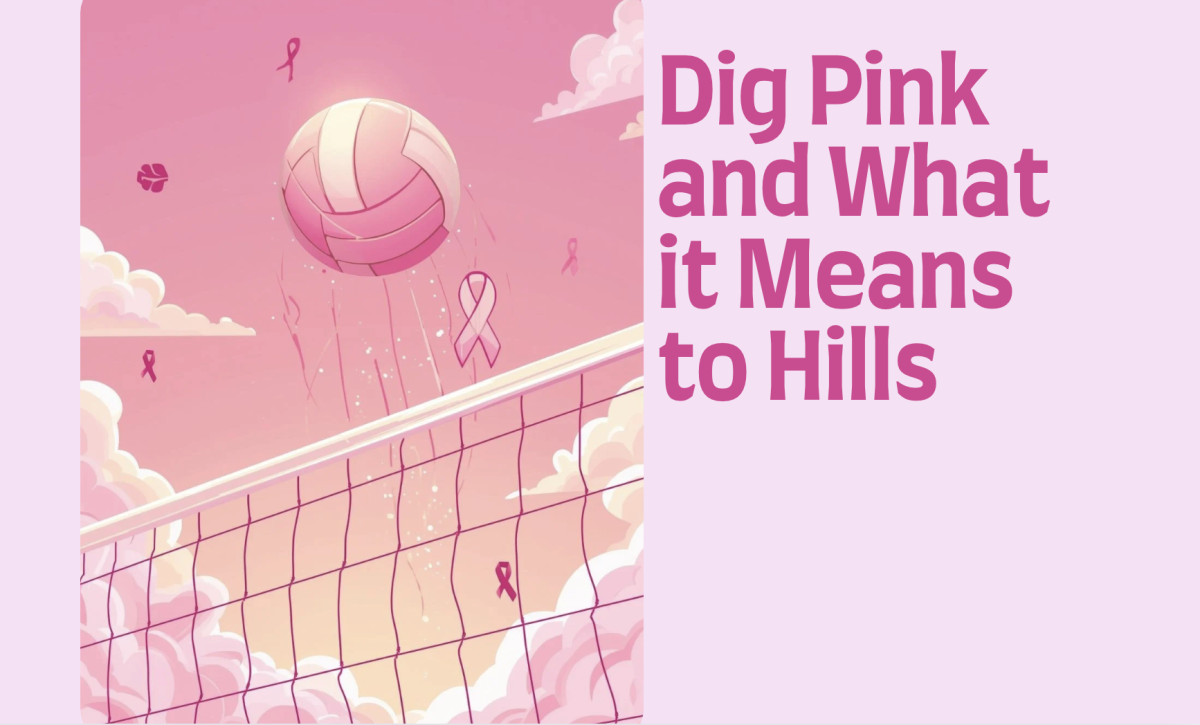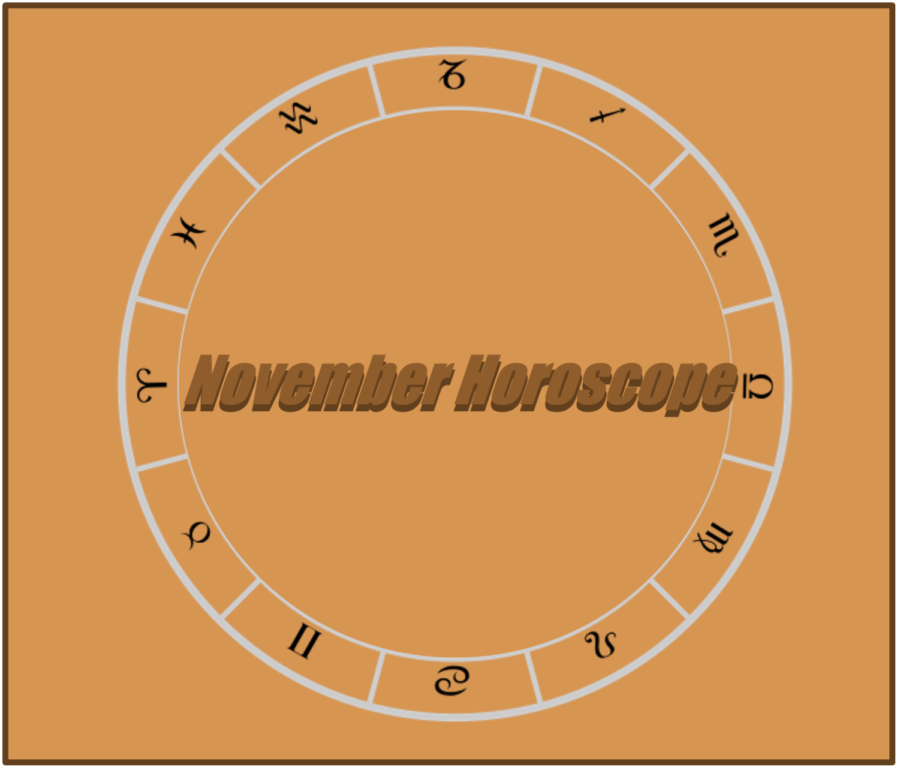Located beside the wide Connecticut River and the abundant space of the New Hampshire Upper Valley, sits a college ranked by US News as the #1 undergraduate institution.
Dartmouth College began in 1796 as a school to educate the native population. Over the years, it has become a distinguished private liberal arts institution, as well as the smallest and most undergraduate-focused of the Ivy League schools. With only 4,200 undergraduate students in the isolated town of Hanover, New Hampshire, students at this college tend to become a tight, outdoorsy group of people.
Due to its location, students at Dartmouth frequently take advantage of the endless hiking and climbing paths. Even throughout the winters, the Dartmouth Outing Club is the largest club on campus. They coordinate numerous trips year round, including the freshman orientation trip.
Dartmouth College is also known for its unique D-plan. The D-plan refers to the four-semester system at Dartmouth. The year is divided into a fall, winter, spring, and summer semester, each ten weeks long. Students generally take three courses per semester.
Sophomore summer refers to the requirement that sophomores be on campus during their summer semester. However, each student may then choose another semester to have his or her break. This set-up provides students opportunities for internships and competitive outside positions during a semester in which other college students are still in classes. Come junior year, students can then choose any semester of the four semesters to be off from classes.
For those interested in the athletic aspect of college, Dartmouth is a Division I in all of its intercollegiate sports. There are 32 varsity teams, including the coed equestrian and sailing teams.
Due to its northern location, Dartmouth also has a ski team, maintains its own mountain (the Dartmouth Skiway), and has close access to many major ski resorts in the Vermont and New Hampshire area.
For those not competing on the intercollegiate level, Dartmouth also features many club and intramural options, from Cricket to Table Tennis. Club Rugby is also popular on campus, especially with its major rivalry with Army College.
The academic experience at Dartmouth College is bound to be a worthwhile one, as well. Students can delve into 29 different academic departments and 10 academic programs during their four years there.
At Dartmouth, students must also complete three sets of course requirements, the distributive Requirements, World Culture Requirements, and foreign language proficiency requirement.
Distributive course requirements have students taking at least one class in each of the following topics: art, literature, systems and traditions of thought, international or comparative study, social analysis (two courses), quantitative or deductive science, natural and physical science (two courses), and technology or applied science.
The World Culture Requirement demands that students take a course in Western Culture, Non-Western Culture, and Culture and Identity.
Furthermore, there is the language proficiency and physical education requirement that is common at many schools. Most students say that completing the requirements is very doable, and many courses will fulfill more than one at the same time.
Besides being knowledgeable in the majors or minors of choice, students will graduate from Dartmouth as well-rounded students.
Editor’s Note: Congratulations to Sam Cheng, who will be attending Dartmouth in the fall.













































